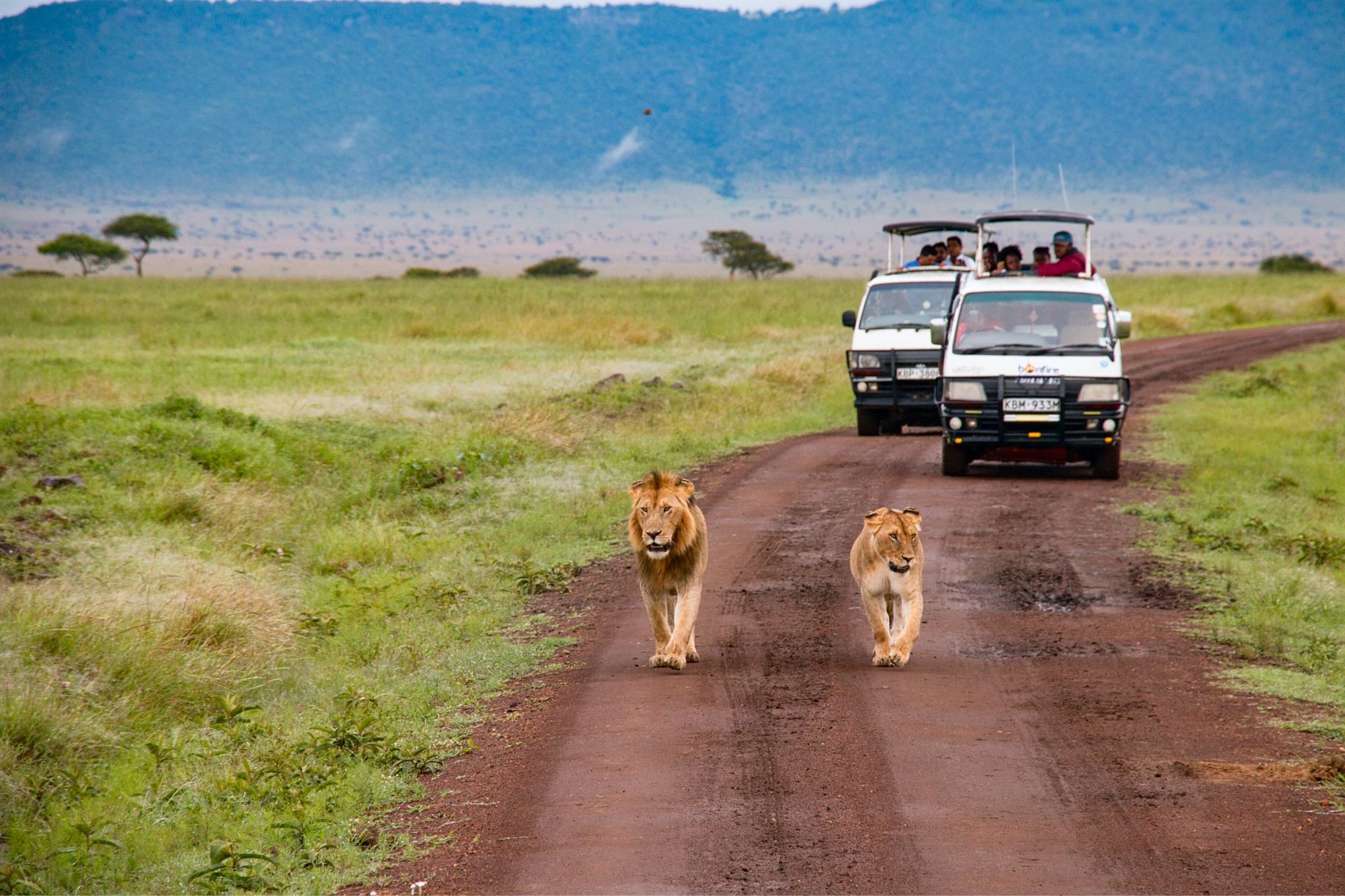Skift Take
Resorts in the East African nation cut their prices to entice domestic tourists. It's paying off.
Kenya’s tourism industry has started to pull out of its deep Covid-19 induced slump as local travelers take advantage of lower prices, the government said on Wednesday, but foreign visitor numbers are still well below pre-pandemic levels.
The East African nation expects the sector, typically one of its top sources of foreign exchange, to earn $1.5 billion this year, up 18.5 percent from last year, the government said.
“The recovery seems to have begun,” George Gitonga, the acting chief executive of the state-run Tourism Research Institute, told Reuters after the figures were released.
Earnings slumped to $780 million in 2020, officials said, as governments around the world restricted the movement of people, including through the closure of air spaces, to curb the spread of the coronavirus.
They bounced back to $1.3 billion last year, with the number of hotel nights occupied by Kenyan travellers doubling during the period, said Najib Balala, the tourism minister.
Local resorts, which normally concentrate their marketing efforts on foreign tourists, were forced to turn to the domestic market by the pandemic, offering cut rates to entice holidaymakers.
Foreign visitor numbers were still sharply lower than pre-pandemic levels, at just under 870,500 last year against 2 million in 2019. They are forecast to reach 1.03 million this year.
The drop in earnings in the sector from foreign tourists has contributed to a sharp drop in the local currency, which is trading at all-time lows against the dollar.
This year’s forecast for the sector’s performance depends on the continuation of the global campaign to vaccinate people against Covid-19, and sustained marketing into traditional source markets like Britain, and new ones in Asia, Gitonga said.
From safaris in the Maasai Mara and other wildlife reserves to holidays on Indian Ocean beaches, Kenya’s tourism industry contributes about 10 percent of economic output and employs over 2 million people.
The sector shed nearly 1.2 million jobs after the onset of the pandemic, the tourism ministry said, but it has started to claw back some of those losses on the back of the tentative recovery.
“Most of the jobs have come back from October 2021,” Balala said.
(Additional reporting and writing by Duncan Miriri; Editing by Jan Harvey)
This article was written by George Obulutsa from Reuters and was legally licensed through the Industry Dive Content Marketplace. Please direct all licensing questions to [email protected].
The Daily Newsletter
Our daily coverage of the global travel industry. Written by editors and analysts from across Skift’s brands.
Have a confidential tip for Skift? Get in touch
Tags: africa, coronavirus, covid-19, kenya, safaris, vaccine equity
Photo credit: Masai Mara National Reserve, Kenya. Craig Stevenson / Unsplash
